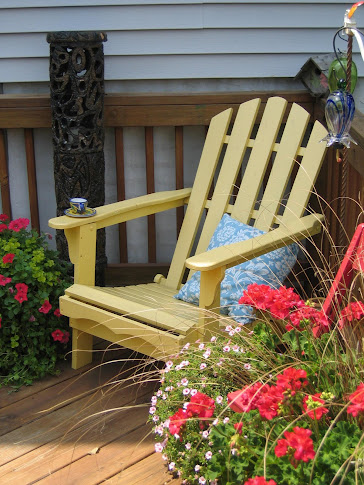Gardening Tips – March
(USDA Plant Hardiness Zone 7-A )
by Bill Colvin
As you know, the temperatures this "winter" were much above normal. As a result, there are plants starting to grow early. Care should be taken when encour-aging them to grow more (i.e. fertilizing). Since March is usually a month of transi-tional weather, fertilizing of shrubs and perennials should be done based on cur-rent and projected weather conditions. If you do not fertilize early in the month, then you should fertilize by late March, or early April.
In late March, remove winter mulch from roses. Apply Epsom salt (Magnesium Sul-phate), alfalfa pellets, and an organic rose food mix to each plant. Prune non-climbing roses to remove any dead stems. Prune climbing roses after they bloom.
Fertilize non-spring blooming shrubs with a slow release fertilizer blend (i.e. Holly-tone). General pruning and fertilizing of spring blooming shrubs can be done as soon as blooms fade.
Apply a slow-release general fertilizer (i.e. Osmocote) to established perennials. Ap-ply a general purpose bulb food mix (i.e. Bulbtone) as the bulb foliage begins to emerge and again after flower has faded. Apply pre-emergent herbicide to control lawn weeds about the time Dogwoods bloom.
As bulb flowers fade, you can remove the flower stem, but leave the foliage till it turns yellow/brown. This is the most criti-cal point in the bulb’s development for the next flowering season. This is also the right time to divide crowded spring blooming bulbs. In dividing these bulbs, leave the foliage and plant bulbs to the proper depth – usually 2 ½ times the bulb size.
Do not plant tender plants till the weather warms consistently in April. It is all right to plant ‘seasoned’ plants (those that have remained outside in pots) now.
Recommendations based on information from Forsyth County Extension Office. For more information, please contact Bill Colvin.
(USDA Plant Hardiness Zone 7-A )
by Bill Colvin
As you know, the temperatures this "winter" were much above normal. As a result, there are plants starting to grow early. Care should be taken when encour-aging them to grow more (i.e. fertilizing). Since March is usually a month of transi-tional weather, fertilizing of shrubs and perennials should be done based on cur-rent and projected weather conditions. If you do not fertilize early in the month, then you should fertilize by late March, or early April.
In late March, remove winter mulch from roses. Apply Epsom salt (Magnesium Sul-phate), alfalfa pellets, and an organic rose food mix to each plant. Prune non-climbing roses to remove any dead stems. Prune climbing roses after they bloom.
Fertilize non-spring blooming shrubs with a slow release fertilizer blend (i.e. Holly-tone). General pruning and fertilizing of spring blooming shrubs can be done as soon as blooms fade.
Apply a slow-release general fertilizer (i.e. Osmocote) to established perennials. Ap-ply a general purpose bulb food mix (i.e. Bulbtone) as the bulb foliage begins to emerge and again after flower has faded. Apply pre-emergent herbicide to control lawn weeds about the time Dogwoods bloom.
As bulb flowers fade, you can remove the flower stem, but leave the foliage till it turns yellow/brown. This is the most criti-cal point in the bulb’s development for the next flowering season. This is also the right time to divide crowded spring blooming bulbs. In dividing these bulbs, leave the foliage and plant bulbs to the proper depth – usually 2 ½ times the bulb size.
Do not plant tender plants till the weather warms consistently in April. It is all right to plant ‘seasoned’ plants (those that have remained outside in pots) now.
Recommendations based on information from Forsyth County Extension Office. For more information, please contact Bill Colvin.


No comments:
Post a Comment